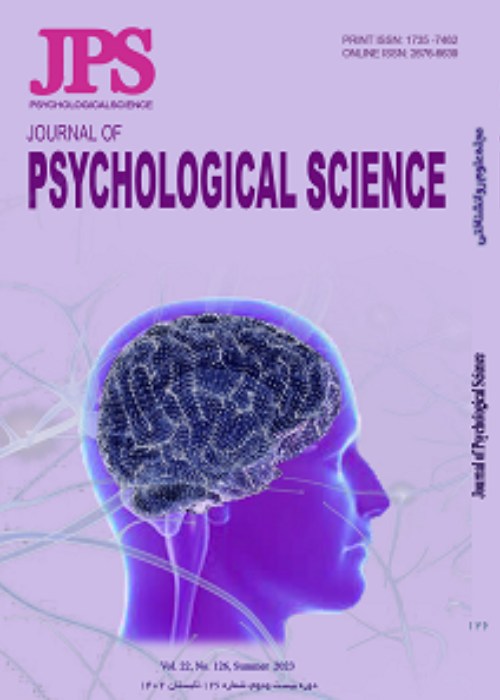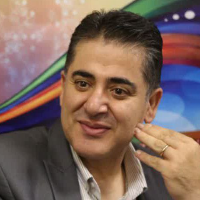Comparison of the efficacy of acceptance and commitment therapy with metacognitive therapy on executive dysfunction of obsessive-compulsive disorder
In recent research, defects in cognitive processes have been proposed as one of the cognitive causal hypotheses, and psychological interventions can help to improve this disorder. Acceptance and commitment therapy (ACT) focuses on increasing psychological flexibility, which is the ability to pay attention to experiences in the present without bias. Metacognitive therapy (MCT) also emphasizes how a person responds to his/her thoughts and how he/she communicates with them. Conducting comparative research on these two types of treatment in patients with obsessive-compulsive disorder has received less attention.
The study aimed to compare the effectiveness of ACT and MCT in reducing insufficient executive functioning in obsessive-compulsive patients.
The current research design was a semi-experimental pre-test-post-test type with a control group. The statistical population of the research included all patients suffering from obsessive-compulsive disorder who were referred to counseling centers and psychological services in Kermanshah City in 2022. 45 of these patients were purposefully selected and randomly divided into two experimental groups (a treatment group based on acceptance and commitment and a metacognitive treatment group) and a control group (15 people in each group). The measuring tool in this research was the Wisconsin card sorting test of Grant and Berg (1993). The treatment protocol based on acceptance and commitment (Bach & Moran, 2008) and metacognitive therapy (Wells, 2008) were implemented during eight 60-minute sessions for the first and second experimental groups, respectively, but the control group did not receive any intervention. In order to analyze the data, one-way analysis of variance and SPSS-23 software were used.
The results of the one-way analysis of variance showed the effectiveness of both treatment models in increasing the number of completed classes, increasing the number of correct answers, and reducing the residual error (p<0.05). Also, based on the results of Toky Post Hoc test, a significant difference was observed between the two treatment groups in the research variable, And the treatment based on acceptance and commitment has been significantly more effective in increasing the number of classes completed, increasing the number of correct answers and reducing the error remaining in participants compared to metacognitive therapy. (p<0.05).
The study findings suggest that both treatments were effective in improving the executive function of obsessive-compulsive patients. However, the effectiveness of ACT was significantly higher than MCT.
- حق عضویت دریافتی صرف حمایت از نشریات عضو و نگهداری، تکمیل و توسعه مگیران میشود.
- پرداخت حق اشتراک و دانلود مقالات اجازه بازنشر آن در سایر رسانههای چاپی و دیجیتال را به کاربر نمیدهد.



